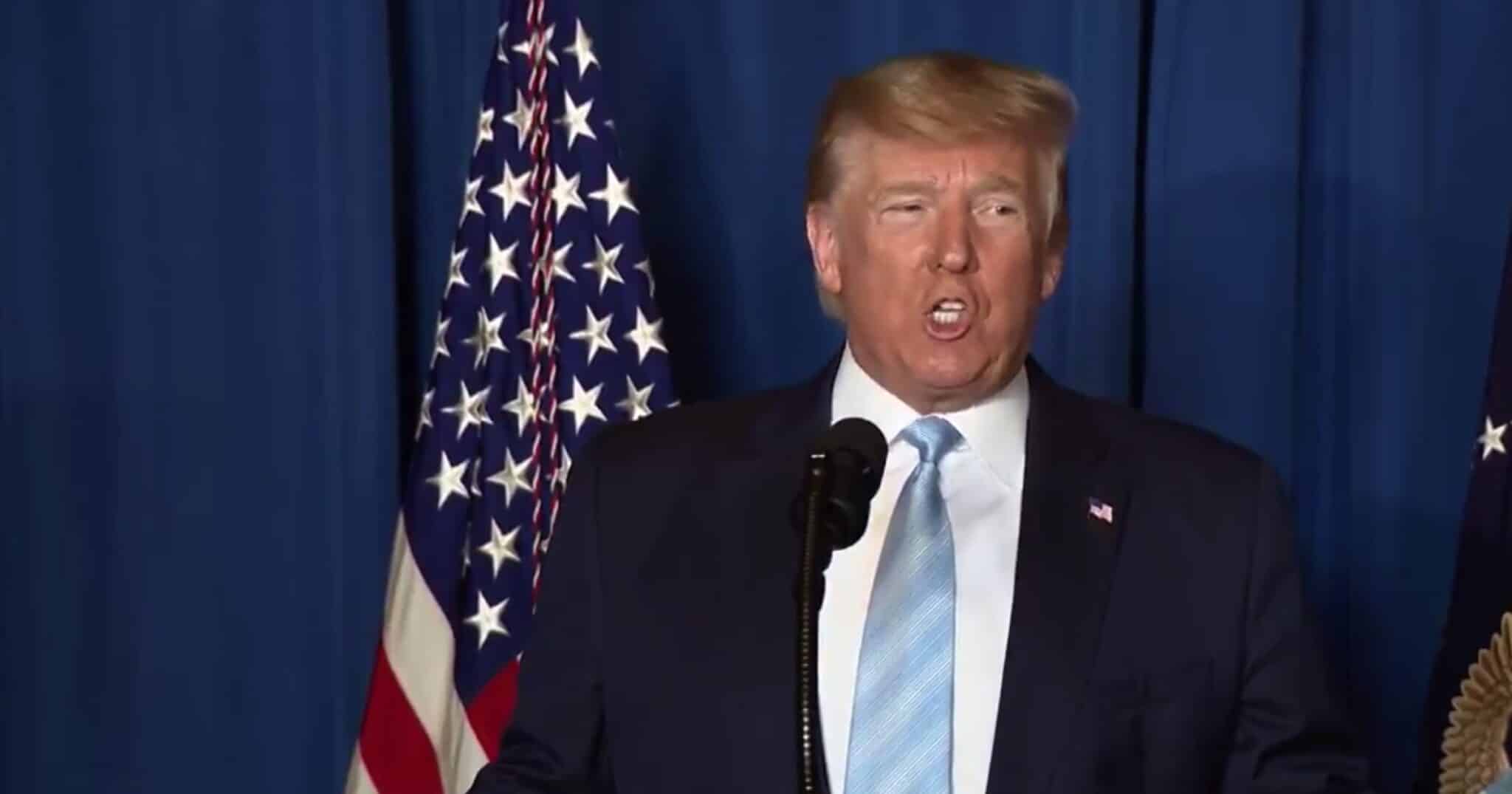








The Department of Justice has initiated legal proceedings against Hazleton, Pennsylvania, criticizing its city council election system for allegedly obstructing effective representation for candidates favored by Hispanic voters.
The Daily Caller reported that the lawsuit contends that Hazleton's current practice of electing city council members at large contravenes the Voting Rights Act by limiting opportunities for certain candidates.
Hazleton utilizes an at-large voting system, permitting residents from across the city to cast votes for city council positions regardless of district boundaries.
The DOJ argues that this structure disadvantages Hispanic-preferred candidates and is inconsistent with federal voting legislation requirements. The complaint regularly employs terms such as "Hispanic-preferred candidates," yet fails to offer clear definitions for these labels.
Notably, Hazleton's demographic composition underwent a significant transformation in 2016, revealing that 52% of its residents were of Hispanic descent.
Notwithstanding this majority, political outcomes have often skewed toward Republican candidates in recent years. In the 2023 mayoral race, Republican incumbent Jeff Cusat secured a commanding victory, securing 61% of the vote against his Democratic opponent, Vianney Castro, who garnered 28%.
Historically, the city's political preferences have shown fluctuation, with voters supporting the Democratic candidate in the 2016 presidential election, only to pivot to Republican Donald Trump in subsequent elections in 2020 and 2024.
The DOJ's legal challenge further alleges that persistent discrimination in various sectors, including education, employment, housing, and policing, exacerbates the challenges faced by Hispanic candidates in achieving political success. Such barriers allegedly impede their ability to gain viable political footholds.
While proposing a new election framework approved by the Biden administration, local authorities maintain that the existing system ensures equitable voting rights for all constituents, emphasizing that race is not a factor in voting access. In fact, city leaders were already preparing to pose a ballot referendum question to the community to address the DOJ's concerns.
Conversely, some experts question the merits and timing of the DOJ's action. Critics argue that the lawsuit overlooks the role political affiliations play in the electoral outcomes rather than racial factors.
"What the complaint fails entirely to address is that Hispanic candidates are losing races not because of their race, but due to politics," commented Hans von Spakovsky, highlighting recent election results.
The DOJ's assertion of demographic shifts being unmatched by electoral outcomes drew skepticism from Erik Jaffe. He observed this perception as a driver for claims of discrimination, though the legitimacy remains disputed among analysts.
Further complicating the narrative, anecdotes of divisive election campaigns surfaced, with reports indicating that at least one Hispanic candidate experienced threatening phone calls, marked by hostile language.
Despite these assertions, local officials remain steadfast in their defense. Mayor Cusat, alongside City Council President Jim Perry, said they had engaged with the DOJ recently to address highlighted issues.
The delayed timing of the lawsuit's filing raised additional questions. Von Spakovsky expressed suspicion over the lawsuit’s intentions, considering it was lodged near the end of the Biden administration's term.
This lawsuit echoes previous legal actions taken by left-leaning activists challenging the town’s school board election processes for similar grievances. Though the city’s leadership continues to stand firm, the legal battle unfolds amid ongoing debates regarding systemic fairness in voting practices.


